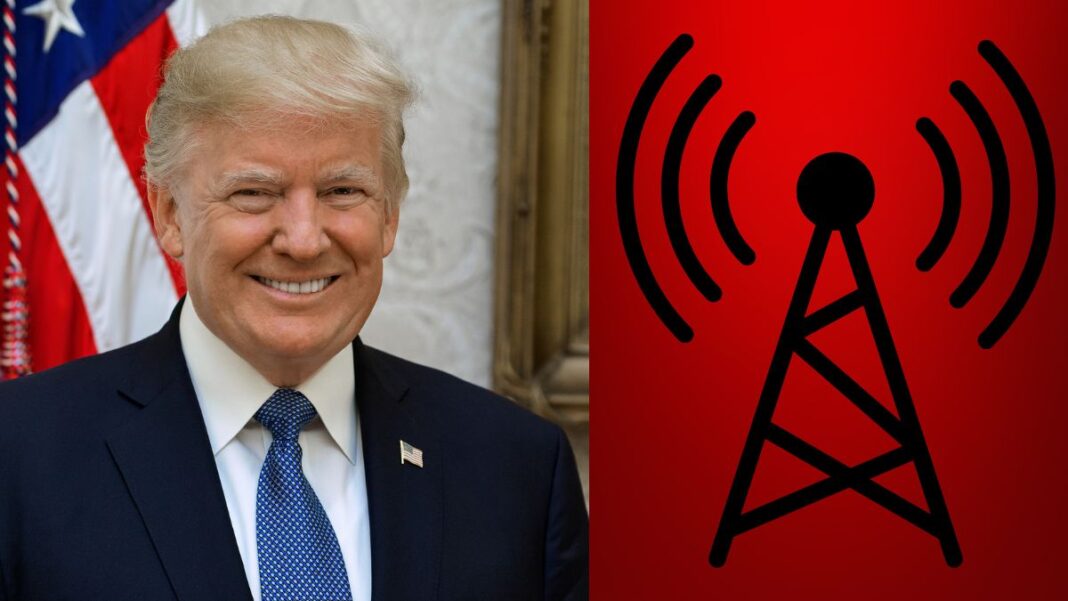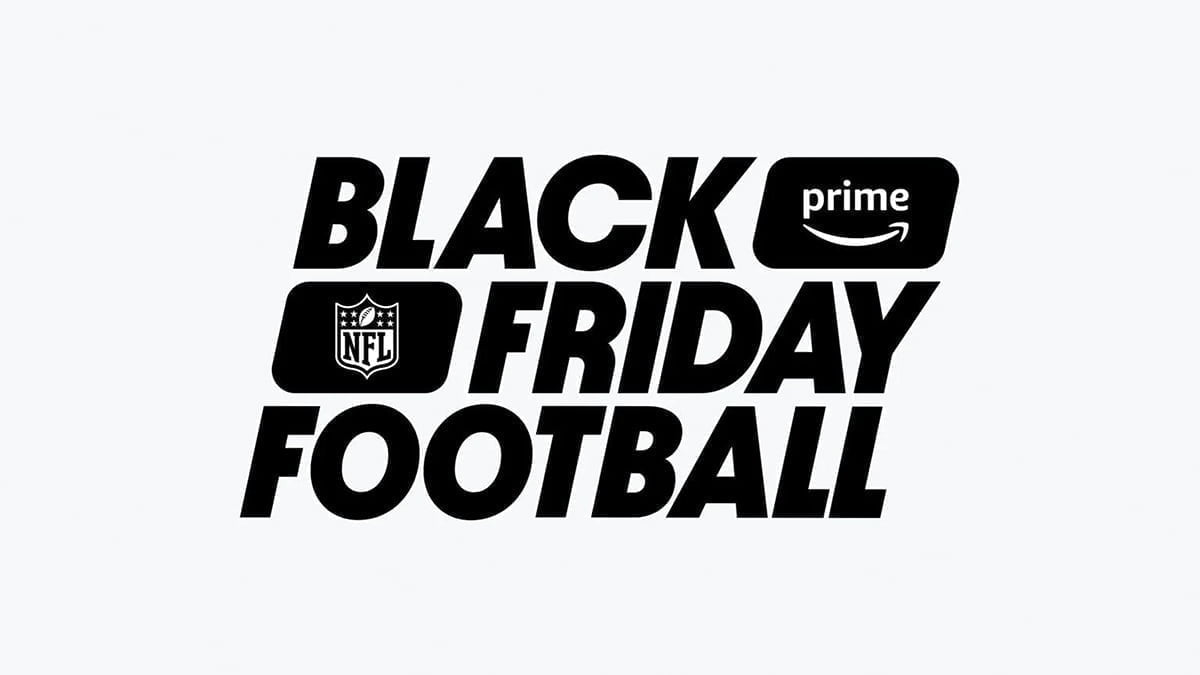The United States is about to enter a situation only seen once before: a new, but actually returning President, as Donald Trump will return to the White House in 2025. But what will that return mean for the radio industry? We asked three radio leaders what and how they expect the second Trump administration to affect the industry.
Our industry leaders were each granted anonymity to speak more freely on the topics.
One item many marketers will use during the lead-up to an election is they want to avoid placing large buys until after the results of the election. One radio group owner — with clusters around the Midwest — told us that they are often told that by advertisers, but they almost universally see a bounceback after the election.
“That is a phrase I’ve heard for decades, long before Donald Trump was involved,” the owner told Barrett Media. “The companies we hear that from the most always come back. Or at least end up continuing their relationship in some capacity with us. It really is not a concern we spend much time worrying about during campaign season.”
Incoming FCC chair Brendan Carr has been vocal in his support for looking at suspending the licenses of stations. One high-level executive we spoke with, overseeing operations of a medium-sized broadcast company, believes that is political grandstanding.
“Empty threats,” they said of Carr’s calls for examining the licenses. “Politicians aren’t interested in losing. Fighting the battle of revoke a station’s license is a long and drawn out process. Any assertion that this is a viable option is, quite frankly, misleading. I could throw a rock and hit a dozen stations that deserve to have their licenses revoked. Some because they’re completely voiced out of market by syndicators and never approach reaching their public service obligations. Some because of a failure to disclose paid programming. Numerous issues are out there that, by letter of the law, should require a hearing or an investigation. But it never happens, because it’s not a winning proposition.”
We also reached out to a Public Radio executive for their thoughts. When asked about the overall outlook and future of public media during a second Trump administration, they said it could ultimately be a net positive.
“There’s a lot of news fatigue right now that’s made some listeners (including me!) take a break from the news,” they said. “But come January, I think people will seek out trusted news sources to cut through the political rhetoric. Perhaps public radio will end up doing better under Trump than other media. Folks really are tired of all the yelling on cable news, as evidenced by the hemorrhaging of viewers over at CNN and MSNBC. And talk radio is at its best when they have a foil to rally against.
“I suspect much of what they’ve been talking about the last five years will fall flat now that Trump is back in the White House and has both houses of Congress. The qualities of what make public radio valuable to its current listeners might just attract additional audiences who want factual news without all the noise.”
Public media could potentially be the most threatened of the media ecosystem. Many prominent Republicans have called for the defunding of PBS and NPR in recent months.
The public radio executive we spoke with, however, downplayed any potential concerns facing their stations.
“I think Capitol Hill either has a fundamental misunderstanding of the economics of public radio, or they choose to actively misrepresent it. NPR gets less than 1% of its revenue from the federal government through the Corporation for Public Broadcasting,” they said. “Locally, more than 90% of our revenue is locally sourced — i.e. donations from listeners, corporate underwriting, grants, and the like. Local NPR stations then pay programming fees to NPR, which represents a big portion of their revenue.
“So ‘defunding NPR’ really means defunding CPB, which will cause local stations some financial pain, and we’ll lose some of the services CPB provides the local stations, but it’s not the end of the world. We’d have to work harder to find other ways to make up that lost revenue, but your local public radio station and the NPR programming we air isn’t going away.”
When asked about comments made by incoming FCC chair Brendan Carr, the public media executive stated that questions from critics could be a good thing for public radio.
“All stations – public and commercial alike are required to ascertain and address issues that are important to the communities we’re licensed to serve. Public Radio, by design, does an exceptionally good job at that. Public Radio stations are held to a much higher standard by our listeners and those who choose to support us financially, not to mention the employees who take a lot of pride making sure what we put on the radio is verifiably accurate,” they concluded.
“I think questions from our biggest critics could actually be a very good thing. It’ll shine a light on the vital public service we provide and perhaps expose some areas of improvement that will make us even better in the long run.”
Barrett Media produces daily content on the music, news, and sports media industries. To stay updated, sign up for our newsletters and get the latest information delivered straight to your inbox.

Garrett Searight is Barrett Media’s News Editor, which includes writing bi-weekly industry features and a weekly column. He has previously served as Program Director and Afternoon Co-Host on 93.1 The Fan in Lima, OH, and is the radio play-by-play voice of Northern Michigan University hockey. Reach out to him at Garrett@BarrettMedia.com.









